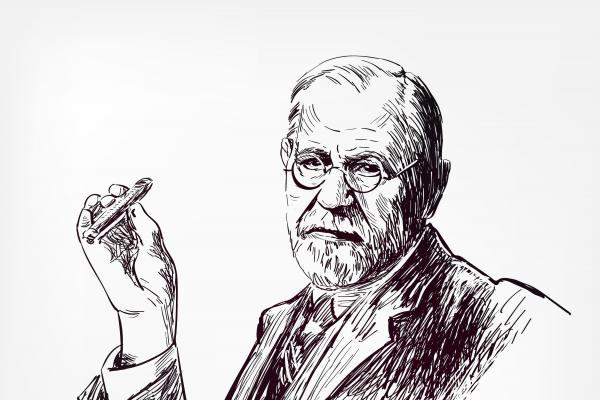Nov 6, 2019
That guilt — whether over the privilege into which he was born, or from a sense of inferiority over never meeting parental expectations, or survivor’s guilt for outliving his brother Fred whose alcoholism led to an early death at 42 — is what I believe has motivated Donald Trump for much of his life.
Read the Full Article

Already a subscriber? Login
